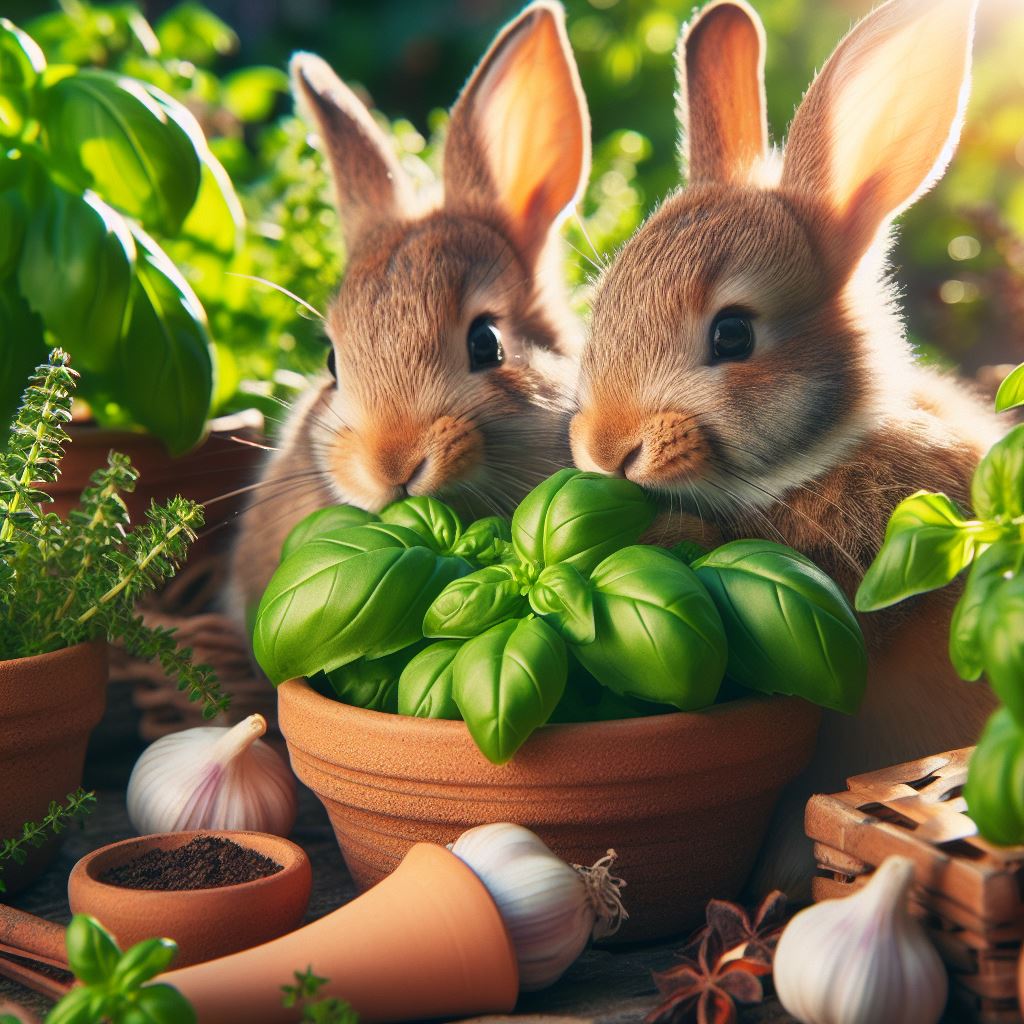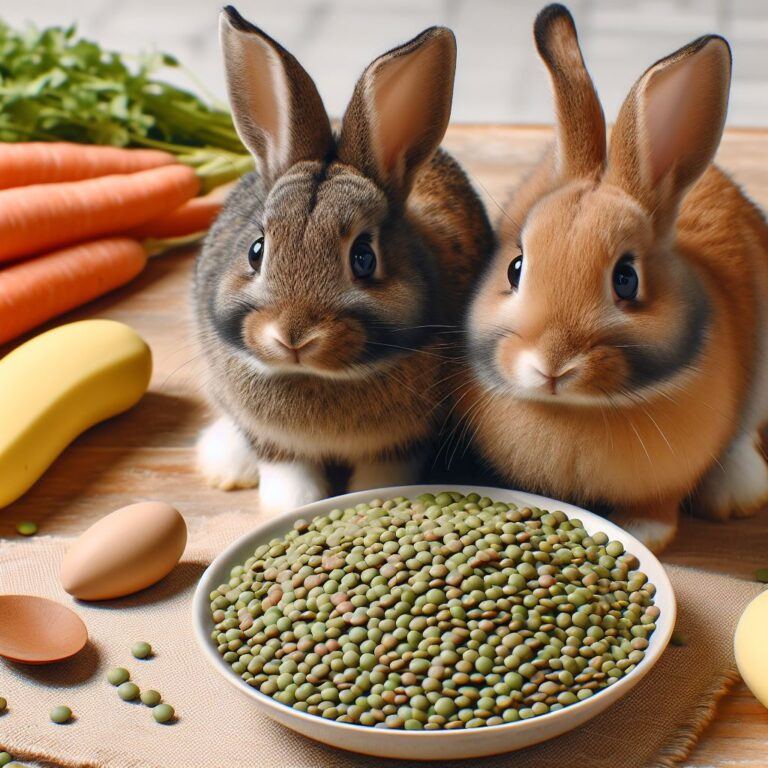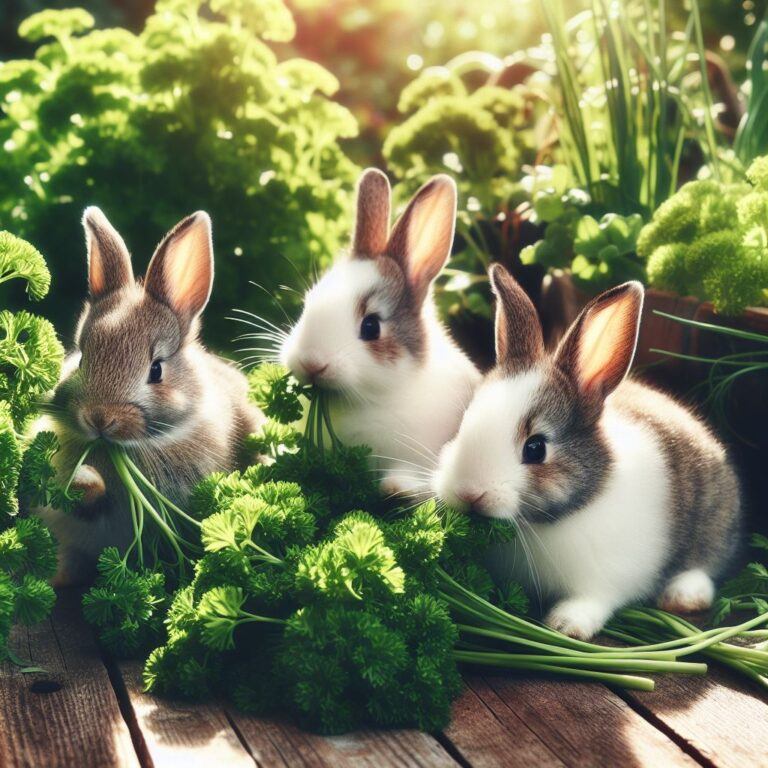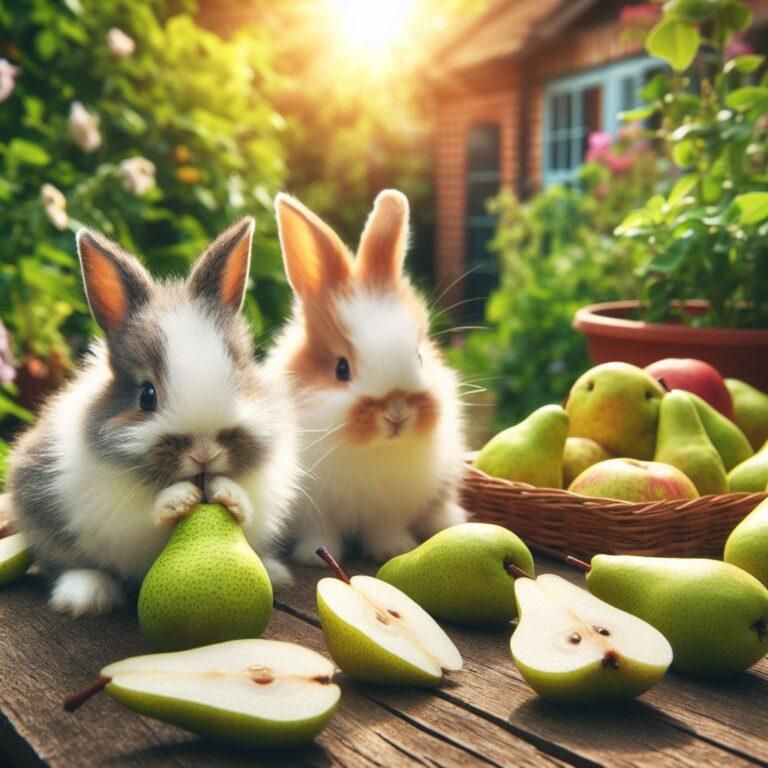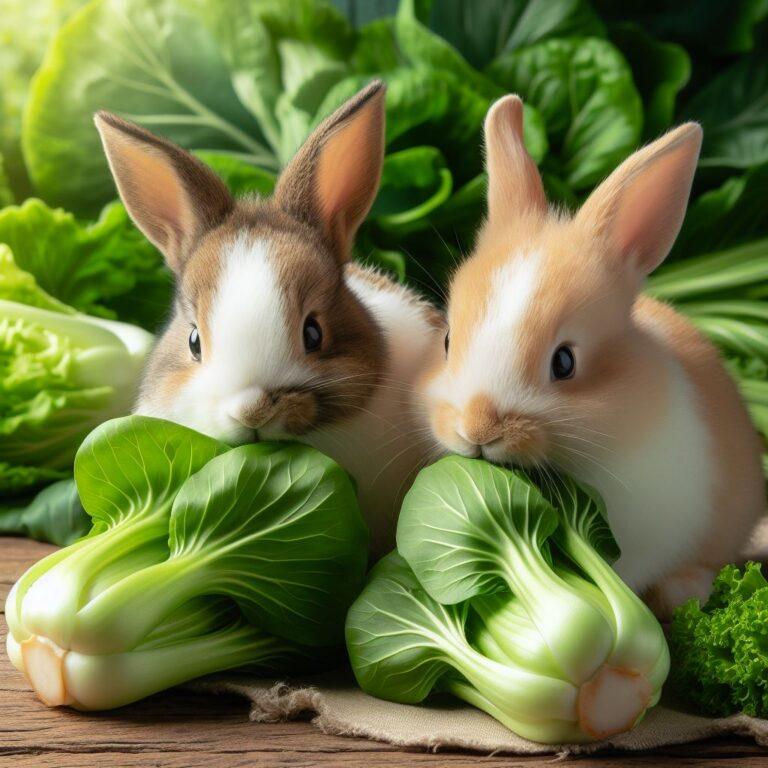Can Rabbits Safely Eat Basil
Yes, rabbits can safely eat basil in moderation as part of a balanced diet. Basil is rich in antioxidants, including vitamin A, vitamin C, and various flavonoids, which can help support a rabbit’s immune system and overall well-being.
Understanding Basil and Its Nutritional Composition
Basil is an aromatic herb widely used in various cuisines around the world. It belongs to the mint family and is available in several varieties, such as sweet basil, Thai basil, and lemon basil, each with its unique flavor and aroma.
While basil is not a typical part of a rabbit’s natural diet, it can offer some nutritional value when fed appropriately.
Along with the vitamins mentioned earlier, basil also contains small amounts of essential minerals like manganese, iron, and magnesium, contributing to a rabbit’s overall dietary requirements.
However, it’s important to note that basil is also relatively high in calcium, which can be problematic for rabbits if consumed in excess.
While calcium is an essential mineral for rabbits, too much can lead to the formation of bladder sludge or urinary stones, potentially causing severe health issues.
Therefore, basil should only be fed as an occasional treat and not as a staple in a rabbit’s diet.
How Best to Feed Basil to Rabbits
When introducing basil to your rabbit’s diet, I highly recommend starting with small quantities and monitoring their reaction closely.
A good rule is to offer no more than a few fresh basil leaves or a teaspoon of chopped basil per 2-3 pounds of body weight, once or twice a week.
It’s essential to gradually introduce new foods to a rabbit’s diet to avoid any digestive upsets or other adverse reactions.
Start with a small amount and gradually increase the quantity over a few days, always observe your rabbit’s behavior and inspect their droppings to check for any signs of discomfort or abnormalities.
While basil can be a tasty addition to a rabbit’s diet, it should never replace the essential components of a balanced diet, such as unlimited hay, fresh vegetables like bell peppers, pumpkin, or carrots, and a high-quality pellet feed.
Hay, in particular, is crucial for a rabbit’s dental health and proper digestion.
Suppose you’re considering introducing basil or any other new food to your rabbit’s diet. In that case, it’s always a good idea to consult with a veterinarian, especially if your rabbit has pre-existing health conditions or dietary sensitivities.
Alternative safe herbs and greens that can be fed to rabbits in moderation include parsley, coriander, dill, and small amounts of leafy greens like romaine lettuce and spinach.
Remember to provide plenty of fresh water and ensure your rabbit has access to a suitable living environment with enough space for exercise and play.
Final Thoughts and Key Takeaways
In summary, rabbits can safely eat basil as an occasional treat, but it should be fed in moderation due to its high calcium content.
When introducing basil or any new food to your rabbit’s diet, it’s crucial to start slowly and monitor their reaction closely.
While basil can provide some nutritional benefits, it should never replace the essential components of a balanced diet, such as unlimited hay, fresh vegetables, and a high-quality pellet feed.
It’s always a good idea to research thoroughly before introducing new foods to your rabbit and to consult with a veterinarian if you have any concerns or if your rabbit has pre-existing health conditions.
Remember, prioritizing your rabbit’s overall health and well-being should be the primary focus when considering any additions or changes to their diet.
If you have experience feeding basil to your rabbit or have any other questions, feel free to share them in the comments section below.
Your input and experiences can help contribute to a better understanding of safe and healthy treats for our furry friends.

